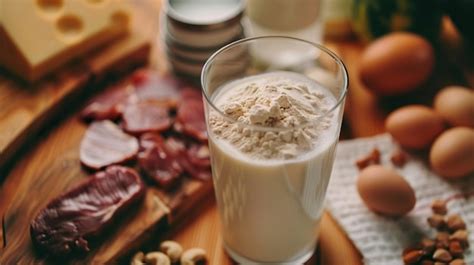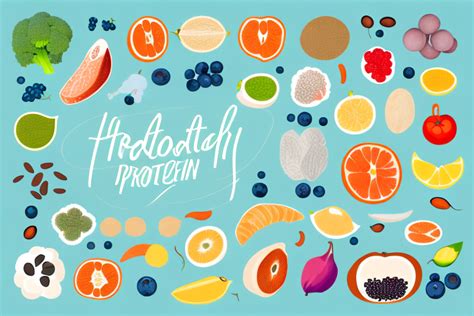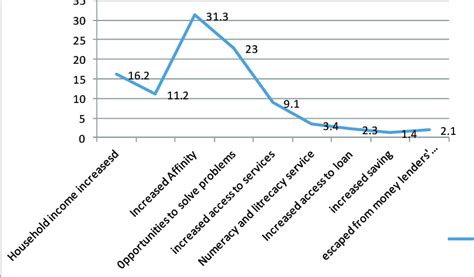What’s the optimal daily protein for peak muscle, recovery, and performance?

Unlocking Your Full Potential: The Power of Protein
For anyone serious about fitness, athletic performance, or simply maintaining a healthy, strong body, protein stands as a foundational macronutrient. It’s not just about building big muscles; protein is crucial for countless bodily functions, from repairing tissues and producing enzymes to supporting immune health. But in a world awash with conflicting advice, pinpointing the ‘optimal’ daily protein intake for peak muscle, recovery, and performance can be challenging.
Understanding your individual protein needs is a game-changer. It can mean the difference between plateauing and progressing, feeling perpetually sore versus recovering swiftly, and performing at your best versus falling short. Let’s dive into the science-backed recommendations to help you harness protein’s full power.

How Much Protein Do You Really Need?
The standard Recommended Dietary Allowance (RDA) for protein is 0.8 grams per kilogram of body weight (0.36 grams per pound) for sedentary adults. While this is sufficient to prevent deficiency, it falls short for active individuals looking to optimize muscle growth, repair, and performance.
For athletes and those engaged in regular strength training or endurance activities, scientific consensus points to a significantly higher intake. A general range of 1.6 to 2.2 grams of protein per kilogram of body weight (0.7 to 1.0 grams per pound) is often cited as optimal for promoting muscle protein synthesis (MPS), aiding recovery, and supporting adaptations to training. For individuals in a caloric deficit aiming to preserve lean muscle mass, this range might even extend slightly higher, up to 2.5-3.0 g/kg, to counteract muscle breakdown.

Factors Influencing Your Protein Requirements
Your ideal protein intake isn’t a static number; it’s dynamic and influenced by several key factors:
- Activity Level & Training Type: Strength athletes generally require more protein than endurance athletes, though both benefit from elevated intake compared to sedentary individuals.
- Body Composition Goals: Are you aiming to build muscle, lose fat while preserving muscle, or simply maintain? Each goal may slightly shift your optimal range.
- Age: Older adults (over 50) may benefit from slightly higher protein intake (often 1.0-1.2 g/kg) to combat age-related muscle loss (sarcopenia) due to anabolic resistance.
- Overall Caloric Intake: If you’re in a significant caloric deficit, higher protein intake is critical for muscle preservation.

The Role of Protein Timing and Distribution
While total daily protein intake is paramount, how you distribute that protein throughout the day also plays a significant role. Spreading protein intake evenly across 4-6 meals or snacks (e.g., 20-40 grams per serving) helps to maximize muscle protein synthesis more effectively than consuming a large amount in one sitting and very little in others. This approach ensures a continuous supply of amino acids for muscle repair and growth.
The peri-workout window (before and after exercise) is often highlighted, but the emphasis should be on meeting your daily total first. Consuming protein pre-workout can provide amino acids during exercise, while post-workout protein helps kickstart the recovery and repair process. A dose of casein protein before bed can also provide a slow, steady release of amino acids overnight, supporting recovery during sleep.

Beyond Muscle: Recovery, Performance, and Overall Health
The benefits of optimal protein intake extend far beyond muscle aesthetics. It’s a cornerstone for comprehensive athletic performance and overall well-being:
- Enhanced Recovery: Adequate protein helps repair muscle damage caused by intense training, reducing soreness and speeding up readiness for the next session.
- Improved Performance: By facilitating recovery and muscle adaptation, protein directly contributes to strength gains, power output, and endurance capacity.
- Satiety and Weight Management: Protein is highly satiating, helping to control appetite and manage body weight, which is beneficial for athletes requiring specific weight classes or anyone looking to maintain a healthy body composition.
- Bone Health and Immune Function: Protein provides essential building blocks for bones and plays a vital role in immune system function, crucial for athletes under high training loads.

Conclusion: A Personalized Approach to Protein
Ultimately, the optimal daily protein intake is highly individualized. While general guidelines exist, listening to your body, monitoring your progress, and consulting with a qualified sports nutritionist or dietitian can help you fine-tune your approach. Focus on consuming high-quality protein sources—lean meats, poultry, fish, eggs, dairy, and a variety of plant-based proteins—distributed strategically throughout your day to fuel your muscles, accelerate recovery, and unlock your peak performance potential.








